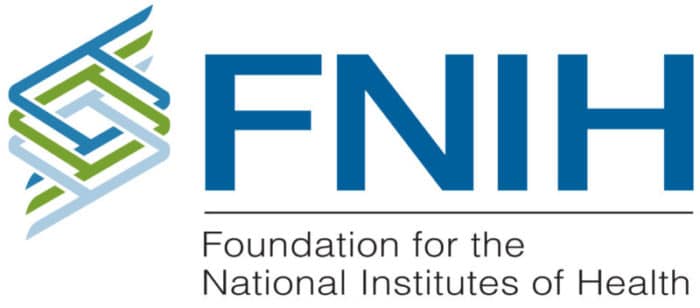FNIH Announces Neurofilament Project Designed to Improve Diagnostic Process for Familial FTD

The Foundation for the National Institutes of Health (FNIH) Biomarkers Consortium, in partnership with AFTD, recently launched a new project designed for early detection of hereditary forms of FTD and other neurodegenerative diseases.
The “Neurofilament as a Fluid Biomarker of Neurodegeneration in Familial Frontotemporal Degeneration” project will focus on identifying which blood test best measures neurofilament proteins. When a neuron is damaged or dies, the level of neurofilament (proteins found in the neuron) increases in both cerebrospinal fluid and blood. According to the FNIH’s press release, recent studies indicate that this increase of neurofilament in the blood is a potential biomarker of the earliest stages of neurodegeneration.
“AFTD is proud to be a part of this landmark precompetitive partnership. We’re grateful to all members of this effort — from the FNIH to our advocacy and biopharma partners — for sharing our commitment to developing an FTD biomarker,” said AFTD’s Director of Research and Grants Debra Niehoff, Ph.D. “To the families that we serve, the development of neurofilament biomarkers offers hope for better, faster clinical trials and effective treatments for this devastating disease.”
Measuring neurofilament levels may be useful in identifying if someone is at risk of developing symptoms related to familial cases of lesser-known neurodegenerative diseases like familial FTD and amyotrophic lateral sclerosis (ALS).
The two-year project will bring together 19 partner organizations from government, academia, industry, and nonprofit and patient-advocacy organizations. Its goal is to find a reliable, cost-effective, and non-invasive tool to better predict FTD.
Read the full FNIH press release here.
By Category
Our Newsletters
Stay Informed
Sign up now and stay on top of the latest with our newsletter, event alerts, and more…
